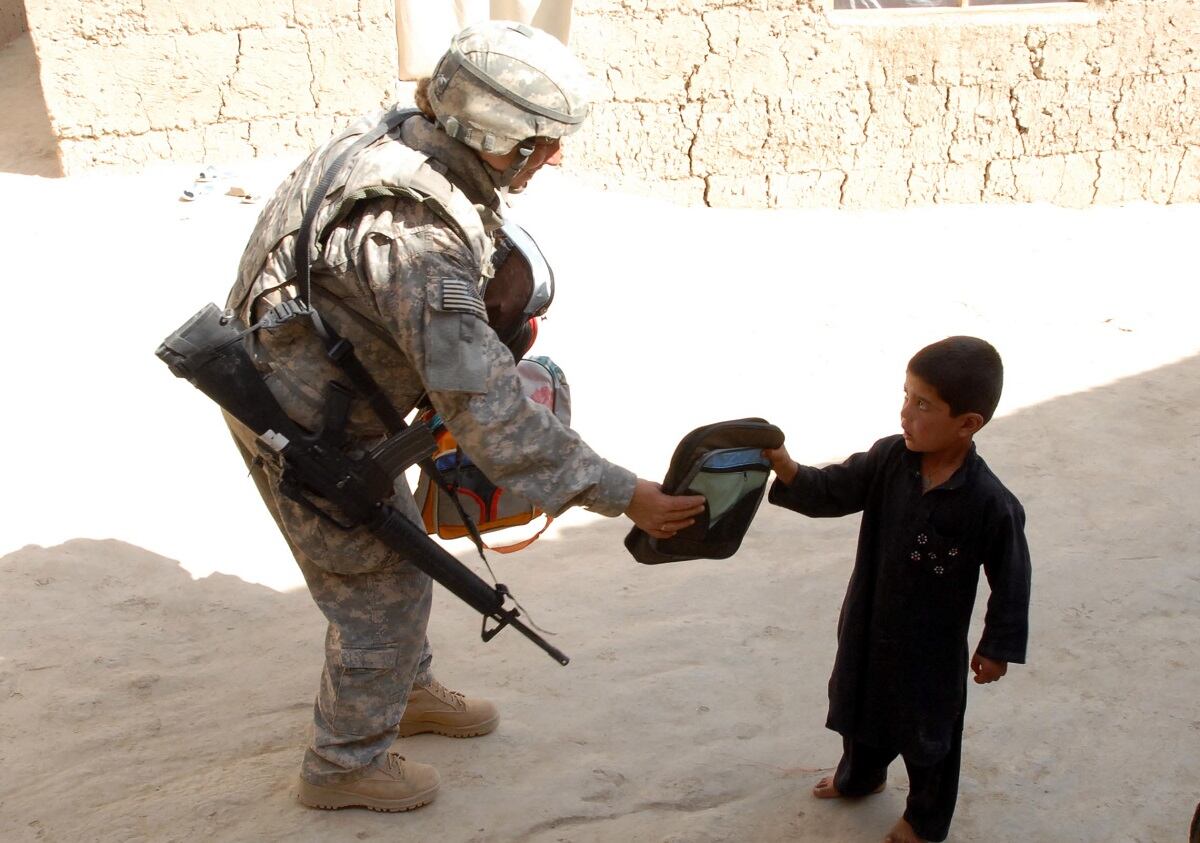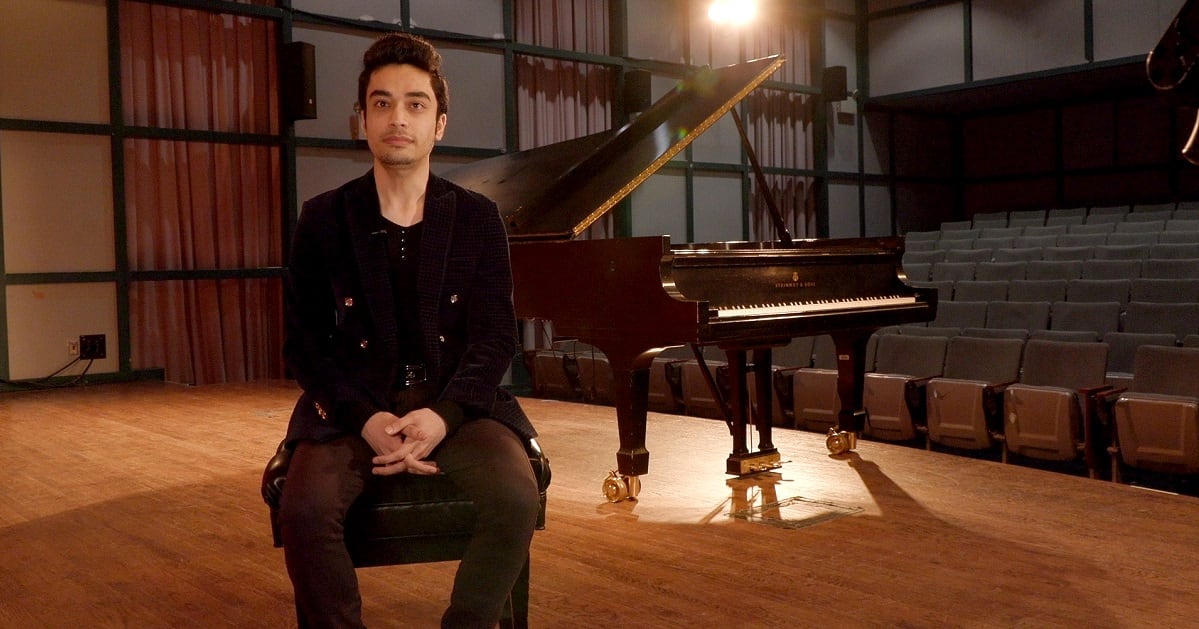Dear U.S. veterans of the War in Afghanistan,
Thank you. My simple expression of gratitude seems inadequate, but this seems like the right occasion to try.
I am a 21-year-old student from Afghanistan, getting ready to graduate from the City University of New York’s Hunter College with a bachelor of music degree. Music is my passion, and playing piano is my life. I will dedicate my career to keeping music alive in places where it is endangered.
When I introduce myself to people in the U.S., I find that I am often the first person they have ever met from Afghanistan. They may have preconceptions about the place and its people, which I try to dispel. It is my life’s work to put a positive face on my country and to let my art be my voice for a more beautiful world.
Afghanistan has a rich and complex musical history, sitting at a cultural crossroads of East and West. In the decades before I was born, my country had a thriving music and film scene. However, all was destroyed in the 1990s civil war, and music was banned completely between 1996 and 2001 under Taliban rule. This is the world I was born into in 1997. It is a world that would have persisted had the U.S. and its allies not intervened beginning in the fall of 2001, when I was 4 years old.

The years since then have been difficult, and the situation in my homeland continues to be challenging. But conditions undeniably improved in my country with the presence of U.S. troops there.
It was because of your efforts that the Afghan Ministry of Education was able to support the establishment of the Afghanistan National Institute of Music in 2010.
The institute, where I attended school and began my formal music education at age 12, was the first school in Afghanistan in which girls and boys could study music together. At ANIM, students could learn both Western classical instruments and Afghan instruments as well as academic subjects. Several of us have gone on to college. Many have become teachers.
U.S. Founding Father John Adams once wrote, “I must study politics and war that our sons may have liberty to study mathematics and philosophy, geography, natural history and naval architecture, in order to give their children a right to study painting, poetry, music, architecture, statuary, tapestry and porcelain.”
We are those children. You have studied war so that I and my schoolmates could study music. No matter what happens after the drawdown, they can’t take that away from us — nor from you.
I can only imagine what American combat veterans witnessed and how they suffered — and continue to suffer — as a result of their service in my country. I have heard about high rates of suicide among young U.S. veterans who served in my country.

I wish I could talk to each of you. I would tell you that a generation of young Afghans has grown up in a civil society, which you enabled through your service and courage. I would ask you not to despair that your sacrifice was wasted. I will prove it was not. I will always say thank you through my lifetime of music.
Elham Fanous hopes to continue his studies at the Manhattan School of Music in the fall. His email: elham.chopin@gmail.com.




